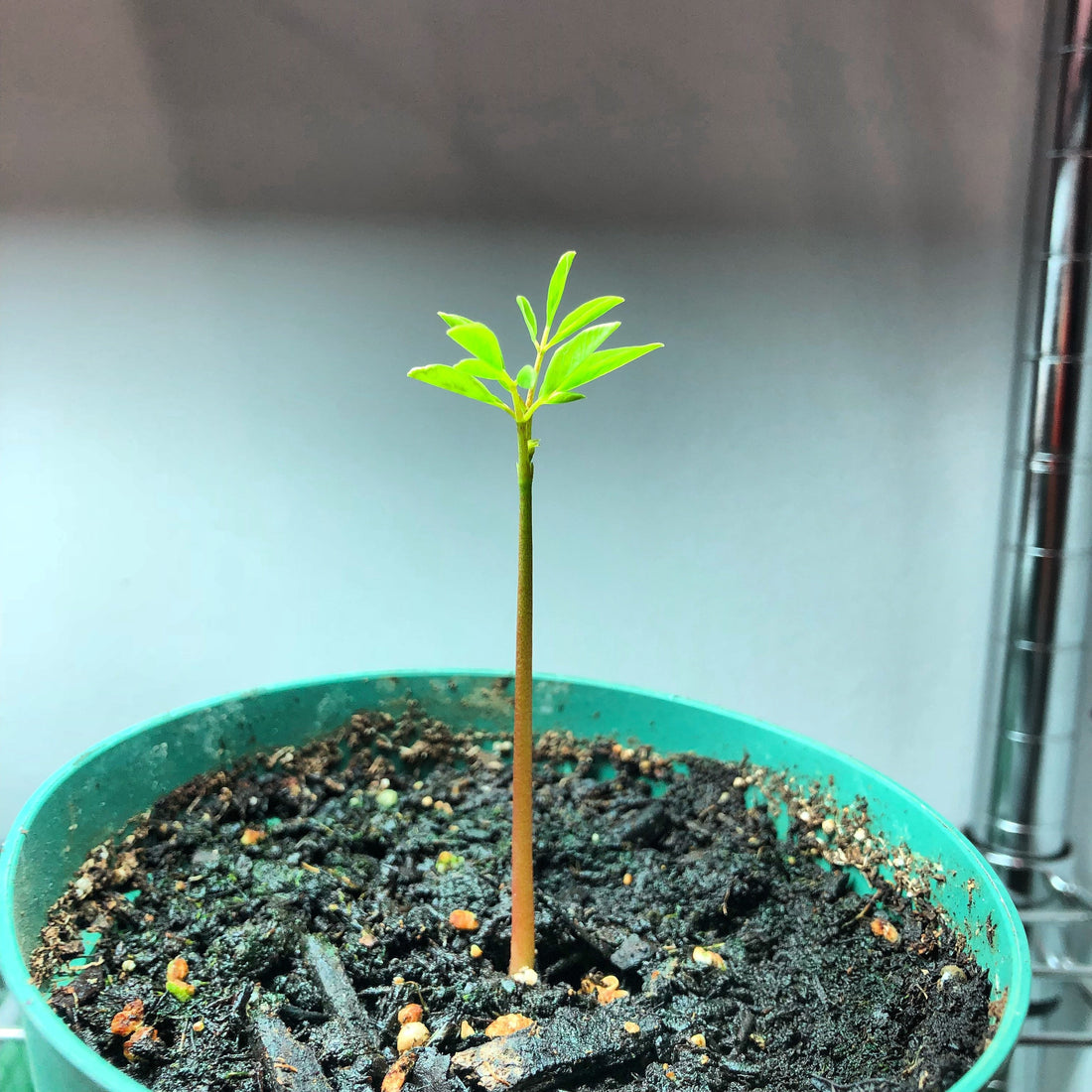
The 2nd "W" of Gardening: Weeding
What is a weed? A weed is an intrusive unwanted plant. In your vegetable garden at home, a weed is something you did not plant there. Weeding can seem like a daunting task at the beginning, but if you stay on top of it regularly it really isn't too bad! When weeds establish themselves in your garden, they will begin to compete with your desired plants for water, sunlight, nutrients and ultimately will win.
The technique I always recommend is to pull the weed when you see it. If you walk by your garden during the day when you were planning on gardening, maybe just lean over and pull that single weed out. You’ll thank yourself later. Weeding is something you should build into your regular routine so that the weeds don’t mature and root themselves too deep into your garden. Not only that, but if you keep weeding as an occasional task, it will remain a daunting task and can become a lot of work. 5 minutes daily, VS a few hours occasionally - the choice is ultimately yours.
Do not let your weeds pollinate. Many weeds once they are fully matured will have flowers - you do not want to let these bloom ever. Once they do, they will begin to spread seeds across your garden that will sprout into more weeds. Even if you’re really busy when you spot the weed in your garden, do your best to at least remove the flower head.
As we previously talked about with watering - mulch can help reduce weeds as well. The mulch acts as a barrier between the soil and the sunlight, which makes it more difficult for the weed seeds underneath the top layer of soil to germinate. If you’re considering mulching the top layer of your garden, you should only put a maximum of 2 inches for optimal benefits.
When planting a new plant you may have purchased from an outside source, such as the Healthy Garden Co., make sure there aren’t any weeds in the soil that the plant is delivered in.
Use a raised garden bed. Don’t have one? Contact The Healthy Garden Co today for a free consultation. Garden beds are a great barrier for weed growth for various reasons. One of the main reasons is that you do not need to walk in your garden at all , which reduces the amount of soil compaction that occurs. When you compact the soil in your garden, it has a harder time aerating and therefore reduces growth in your plants. Unfortunately, weeds still tend to thrive in compacted soil so the only thing you’ll be growing in your ground level vegetable garden is weeds. The raised garden bed reduces compaction and increases the aeration of your soil.
Limit your watering to just your plants. Watering the entire garden can encourage the growth of weeds in any bare areas of soil. Do your best when you're watering to just target the plants you're wanting to grow, and the weeds will struggle to break the surface.
When you’re using natural compost to add to your garden bed, be sure to let it rest and germinate first before adding it into your garden. There will be remnants of weed plants in your compost, and if added to your vegetable garden too early they will grow in your garden.
Make sure when you are weeding your garden that you pull out the roots. If you just pull the superficial part of the weed you’ll see it continue to rear its head bigger and more frequently throughout the season. You also want to make sure that when you are weeding you throw the weeds outside of your garden or into a container that you can remove. Another tip if you are not using a raised garden bed is to protect your garden from your grass clippings. This is a huge culprit to adding extra work into your garden tending routine. When mowing your lawn be sure to use a grass clippings bag on your lawn mower, or use a blower at the end of your maintenance routine to blow the pieces of debris out of your garden.